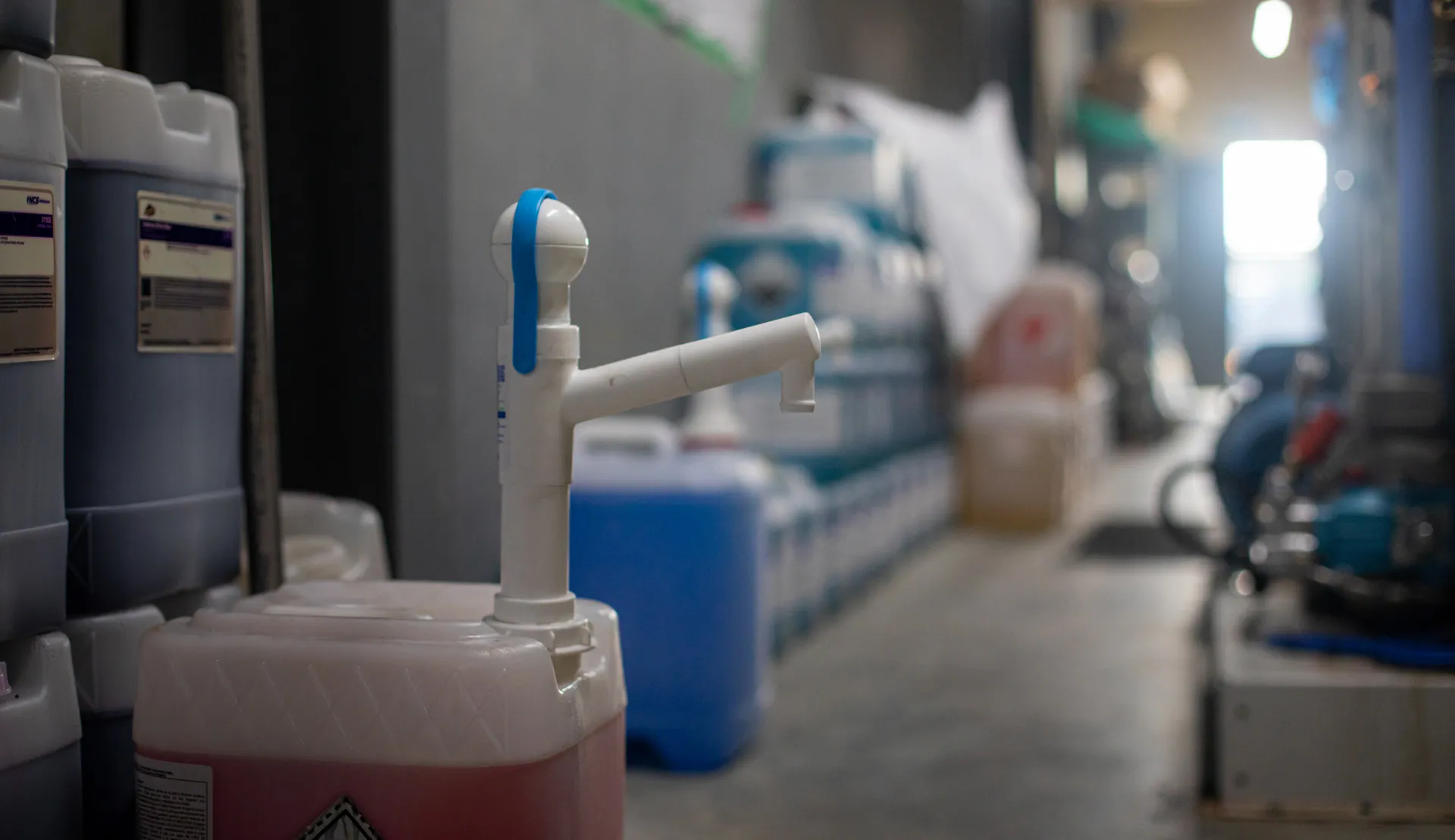Innovative Technologies: The Future of Chemical Resistant Pumps
Image Source: Google
Chemical resistant pumps play a crucial role in various industries where corrosive and abrasive liquids are handled. These pumps are designed to withstand the harsh effects of chemicals, ensuring smooth operations and minimal downtime. With the advancements in technology, the future of chemical resistant pumps looks promising, with innovative solutions that are more efficient, reliable, and durable. Refer: https://remerrill.com/.
Advanced Materials
One of the key areas of innovation in chemical resistant pumps is the development of advanced materials that offer superior resistance to a wide range of chemicals. These materials help extend the lifespan of the pumps and reduce maintenance costs. Some of the cutting-edge materials used in the manufacturing of chemical resistant pumps include:
1. Fluoropolymers
- Fluoropolymers such as PTFE (polytetrafluoroethylene) offer excellent chemical resistance properties, making them ideal for handling corrosive liquids.
- These materials are non-stick and have low friction, reducing the chances of clogs and blockages in the pump.
2. Ceramic
- Ceramic materials are extremely hard and offer high wear resistance, making them suitable for abrasive applications.
- These materials are also highly resistant to chemicals, ensuring long-term durability of the pumps.
Smart Pump Technology
Another exciting development in the field of chemical resistant pumps is the integration of smart pump technology. These pumps are equipped with sensors and monitoring systems that allow for real-time performance tracking and predictive maintenance. Some of the key features of smart pump technology include:
1. Remote Monitoring
- Smart pumps can be connected to a centralized monitoring system, allowing operators to track performance metrics from anywhere in the facility.
- Real-time monitoring helps detect potential issues early on, preventing costly downtime and repairs.
2. Predictive Maintenance
- By analyzing data collected from the sensors, smart pumps can predict when maintenance is required, optimizing the lifespan of the pump.
- Predictive maintenance helps reduce unexpected failures and extends the overall reliability of the pump.
Energy-Efficient Designs
Energy efficiency is a growing concern in the industrial sector, and manufacturers of chemical resistant pumps are incorporating innovative designs to reduce energy consumption. These energy-efficient pumps not only help lower operating costs but also contribute to a more sustainable environment. Some of the energy-efficient features of modern chemical resistant pumps include:
1. Variable Frequency Drives (VFDs)
- VFDs allow pumps to operate at varying speeds based on the demand, resulting in significant energy savings.
- By adjusting the speed of the pump motor, VFDs help optimize energy consumption without compromising performance.
2. High-Efficiency Motors
- Pumps equipped with high-efficiency motors consume less energy while delivering the same level of performance as traditional pumps.
- These motors are designed to minimize energy losses and reduce overall operating costs.
Sealless Pump Technology
Sealless pump technology is revolutionizing the chemical resistant pump industry by eliminating the need for mechanical seals, which are prone to leaks and wear. Sealless pumps offer enhanced safety, reliability, and efficiency, making them ideal for handling hazardous chemicals. Some of the benefits of sealless pump technology include:
1. Leak-Free Operation
- Sealless pumps eliminate the risk of leaks associated with traditional pumps, ensuring a safe working environment.
- By removing the mechanical seal, sealless pumps prevent contamination of the pumped fluid and reduce maintenance requirements.
2. Enhanced Reliability
- Sealless pumps are less prone to failures and breakdowns, resulting in higher uptime and productivity.
- With fewer moving parts, sealless pumps offer increased reliability and durability in chemical handling applications.
